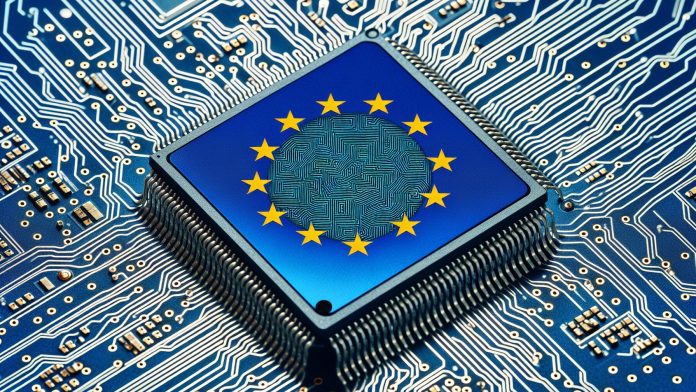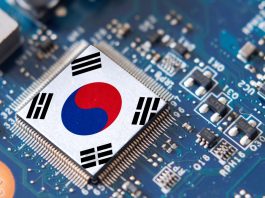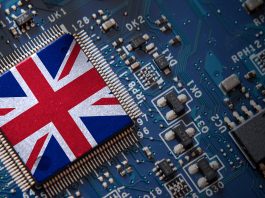The European Commission has announced €5bn financial support to help develop a major European microchip manufacturing facility.
The funding will aid the European Semiconductor Manufacturing Company (ESMC) in constructing and operating a world-leading microchip manufacturing plant in Dresden, Germany.
The ESMC is a collaborative project between Taiwan Semiconductor Manufacturing Company (TSMC), Bosch, Infineon, and NXP.
The microchip production facility will be pivotal in reinforcing Europe’s security of supply, resilience and digital sovereignty in semiconductor technologies while delivering the objectives of the European Chips Act.
Margrethe Vestager, Executive Vice-President in charge of competition policy, commented: “This €5bn German measure will strengthen semiconductor production capacity in Europe, helping us deliver our green and digital transition and creating opportunities for high-skilled employment.
“The measure’s open foundry model will ensure widespread access to power-efficient chips, including by smaller companies and start-ups, while limiting any potential distortion of competition.”
ESMC overview
The new large-scale manufacturing facility will produce high-performance microchips using 300mm silicon wafers with node sizes of 28/22nm and 16/12nm, utilising FinFET technology.
This allows for the integration of additional features into a single chip, resulting in enhanced performance and reduced power consumption.
The plant, set to reach full capacity by 2029, is expected to produce 480,000 silicon wafers annually.
Operating as an open foundry, the facility will accept orders from any customer, including the three shareholders, alongside TSMC.
This model is vital for the EU’s ecosystem, particularly in supporting European SMEs and start-ups.
The facility will also offer special access to production capacities for SMEs and universities, fostering research and innovation in Europe.
Why Europe must reinforce semiconductor manufacturing
Advancing semiconductor manufacturing capabilities in Europe is critical for several reasons. First, semiconductors are the backbone of modern technology, powering everything from smartphones and computers to cars and industrial machinery.
By strengthening its semiconductor production, Europe can reduce reliance on external suppliers, particularly from Asia and the US, enhancing its technological sovereignty and securing supply chains in a sector vital for economic stability and national security.
Moreover, bolstering semiconductor capabilities supports Europe’s ambitions in emerging technologies such as artificial intelligence, quantum computing, and the Internet of Things (IoT).
These technologies are set to drive the next wave of innovation and economic growth, and having advanced semiconductor production within Europe ensures that the region can lead rather than follow in these critical areas.
Investing in semiconductor manufacturing also stimulates the broader European economy. It creates high-tech jobs, supports research and development, and fosters innovation across various sectors, including automotive, healthcare, and communications.
Furthermore, as Europe aims to achieve its Green Deal goals, advanced semiconductor technologies can contribute to more energy-efficient systems, reducing overall carbon footprints.
In essence, advancing microchip manufacturing is key to Europe’s future competitiveness, technological leadership, and economic resilience.
The establishment of the ESMC microchip manufacturing facility marks a significant milestone in Europe’s journey towards technological independence and innovation leadership.
This initiative underscores Europe’s commitment to securing a resilient, competitive, and sustainable future in semiconductor technology.









